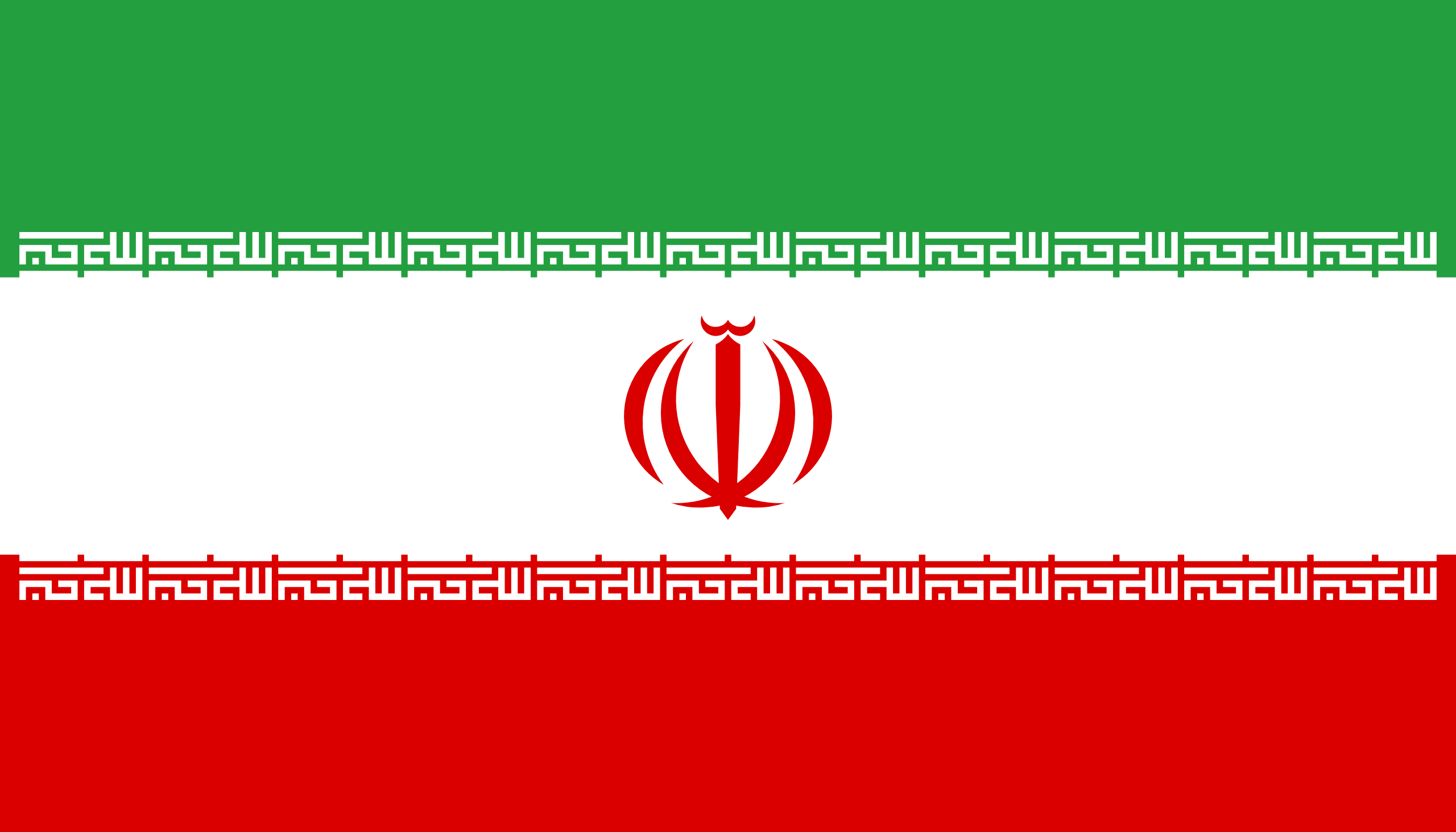Iran (Islamic Republic of)

Codex Contact Point
Dr. Farahnaz Ghollasi General Director of Participation in International Standards Development Department of INSO Iran National Standards Organization of Iran, P.O.Box 14155-6139, No: 2592, Valiasr .St, South of Vanak Square Teheran
Telephone:
+98 21 88654059
Email:
[email protected]
[email protected]
Website:
http://www.inso.gov.org
Competent authorities
Name of authority:
• Institute of Standards and Industrial Research of Iran (ISIRI)
• Ministry of Health and Medical Education
• Ministry of Jihad Agriculture( Veterinary Organization &Plant protection organization)
Mandate/competence:
There are functional mechanisms in place for multi-sectorial collaborations for food safety events, at the technical, policy and regulatory levels. Alsoeach organization is responsible for its own tasks.
• In this regards,ISIRI hasrelevant responsibilities of CAC/GL 71-2009 more than the othercompetent authorities. For example, monitoring of compulsory standards, features and test methods are specified to carry out the duties and responsibilities of the producers. Also, ISIRI has been developing standards forfood inspections and certification systems for importing &exporting with participation of other Authorities.
• Ministry of health has been setting regulations for:
- Operators to place safe food on the market
- The registration of food processing plants by the Competent Authority
- The obligation to use authorized additives to food
-The capacity for the Competent Authority to confiscate non-compliant products
-The capacity for the Competent Authority to deliver import permit for foodstuffs
-Setconditions on the operation of processors:
- Approved substances, Establishment Permit and Permit for revenue operation (approval procedure), Personal Hygiene,Hygienic condition of premises, Condition of work tools and equipment.
• According to the law,the responsibilities of raw animal derived products are assigned to State Veterinary Organization.
• All slaughter houses, processors, manufacturers and retailers, transporters, traders and warehouse managers dealing with raw animal derived products are under administration of State Veterinary Organization. ( ministry of jihad Agriculture )
• Plant protection organization (ministry of jihad Agriculture)controls subjects such as ,extermination of pests, pesticide residues ,plant quarantine legal regulations.
INFOSAN Emergency Contact Point
Dr Soheyl Eskandari: Faculty Member of IR-Iran's Food and Drug Administration &Deputy Director for supervision and evacuation of food and beverages ,
Address: No. 30, Fakhr-e Razi St., Tehran
Emails: [email protected] , [email protected]
Food safety and consumer protection – laws and regulations
The current list of legislation, related to food safety and consumer protection in each country, is extracted from FAO's database on Food Legislation FAOLEX. While FAOLEX makes every effort to serve as a high quality, reliable source of information, no guarantee is given that the information provided in FAOLEX is correct, complete, and up-to-date.The national Codex programme
National Codex consultative mechanism
Providers of scientific and technical input to national consultation on Codex
It should be noted that the use of scientific advices for risk analysis would not be evaluated directly. The less acute risk management has being done in each relevant committee. However, when the national risk management decision should be taken, the authorities use all relevant data including risk assessment data from accredited labs.
In case of data gap, they use international risk assessment from EFSA or JECFA . but using our national dietary data to make the risk management decision is based on the best available data
Risk Assessments and Scientific Data
National bodies providing risk assessment and scientific advice
-FDA has different departments and committees to address food safety risk management. This includes risk management decision resulted, from risk assessment (microbial and chemical) data which is mainly excerpted from recognized international risk assessment organizations such as JECFA and EFSA.
FDA addresses risk management decision for food frauds, food additives, and microbial and chemical hazards in coordination with other authorities and permitted labs.
- ISIRI mainly publishes Standards for permitted food additives’, MRL, test methods in coordination with expert committees.
Recently , Iran (ISIRI) has developed national strategic plan (2015-2019 ) which it focuses on risk assessment and revision of food standards ( based on critical and emerging issues )
Risk assessment, risk profiles, scientific opinions
Official Laboratories
Official Laboratory:
Most governmental and non-governmental food control labs participate in quality assessment scheme (57 governmentaland 164 non-governmental).
All relevant organizations have specialized laboratories in all provinces, more than 250 accredited laboratories in the fields of physical, biology and microbiology are based on national standards for every product in according to the scope of activity of each laboratory.
They use standard methods for detection of pathogens ,chemicals ,microbiological(Bacillus cereus, Campylobacter jejuni, Clostridium botulinum, Clostridium perfringens, Escherichia coli, Listeria monocytogenes-,Other salmonella spp,Staphylococcusareus,Vibrioparahaemolyticus, Yersinia enterocolitica ) Molds, Yeast, Pesticide residues, Food additives, Heavy metals, Mycotoxins and etc.
Official Competence:
Surveillance of foodborne diseases and monitoring of food contamination
National surveillance systems – foodborne disease in humans
Also, There are different sources for detection of food safety events including health centers, private health offices, hospitals and mass media.
National monitoring systems – foodborne hazards in the food chain
• Ministry of Jihad Agriculture- Veterinary Organization
• Institute of Standards and Industrial Research of Iran (ISIRI)
For every food product subject to compulsory standards specifications, and FDA’s regulations there are available list of microbiological and chemical contaminates limit.
Also, every year Ministry of healthprepares a list of foodfor controlling and monitoring on the market; conducting Post Market Surveillance(PMS), and the main hazards.






